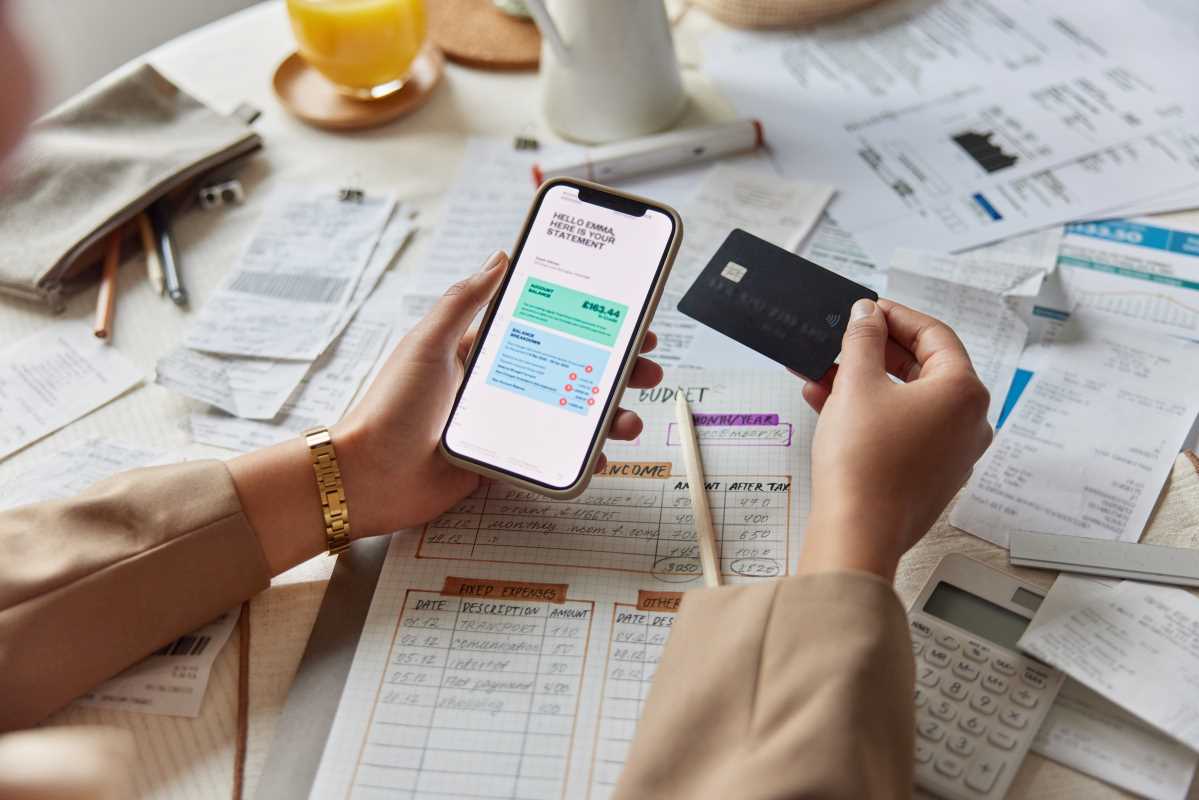In the unpredictable journey of life, financial stability is a cornerstone of peace and security. An emergency fund is a financial safety net, providing a much-needed cushion during unexpected events such as medical emergencies, car repairs, or job loss. Here’s why building an emergency fund is crucial and how to establish one effectively.
Why Emergency Funds Are Crucial
- Financial Security: An emergency fund ensures you have resources to fall back on during unexpected situations, preventing financial distress.
- Avoiding Debt: By having savings set aside, you can avoid relying on credit cards or loans, which often come with high interest rates.
- Peace of Mind: Knowing you have a financial buffer allows you to make decisions confidently without the constant worry of what might happen if unforeseen expenses arise.
- Flexibility and Freedom: An emergency fund provides the flexibility to handle life's surprises without disrupting your long-term financial goals.
How to Build an Emergency Fund
Set Clear Savings Goals:
- Determine how much you need. A good rule of thumb is to aim for three to six months’ worth of living expenses.
- Set a timeline for reaching your goal, making it specific and achievable.
Create a Budget:
- Analyze your income and expenses to identify areas where you can cut back and allocate more towards savings.
- Prioritize your emergency fund in your budget, treating it as a necessary expense.
Choose the Right Savings Account:
- Look for a high-yield savings account to maximize interest earnings.
- Ensure the account is easily accessible but not too tempting to dip into for non-emergencies.
Automate Your Savings:
- Set up automatic transfers from your checking account to your emergency fund to ensure consistent contributions.
- Start with small, manageable amounts and increase them as your financial situation improves.
Adjust and Maintain:
- Regularly review and adjust your savings plan as your expenses and income change.
- Replenish the fund promptly after any withdrawals to maintain its intended purpose.
Tips for Growing Your Emergency Fund
- Set Incremental Goals: Break your ultimate savings goal into smaller milestones to make the process less daunting and celebrate each achievement.
- Use Windfalls Wisely: Allocate any unexpected income, like bonuses or tax refunds, directly to your emergency fund to boost it significantly.
- Review Regularly: Periodically assess your fund to ensure it matches changes in your lifestyle or financial needs.
Peace of Mind and Financial Security
Having an emergency fund is about more than just financial preparedness; it’s about securing your peace of mind. The confidence that comes from knowing you can handle life’s unexpected events without financial strain is invaluable. By planning ahead and consistently contributing to your emergency fund, you safeguard your finances and future well-being.
Building an emergency fund is a critical step towards financial freedom. It requires discipline, planning, and a commitment to securing your financial future. Start today and experience the peace of mind from being prepared for whatever life throws your way.
 (Image via
(Image via





